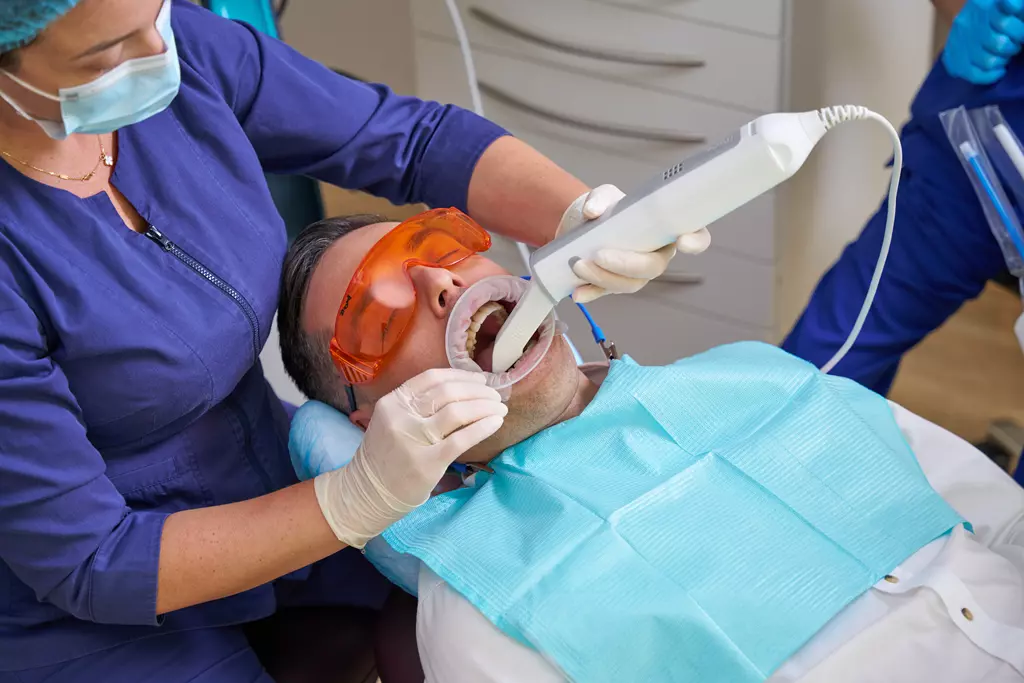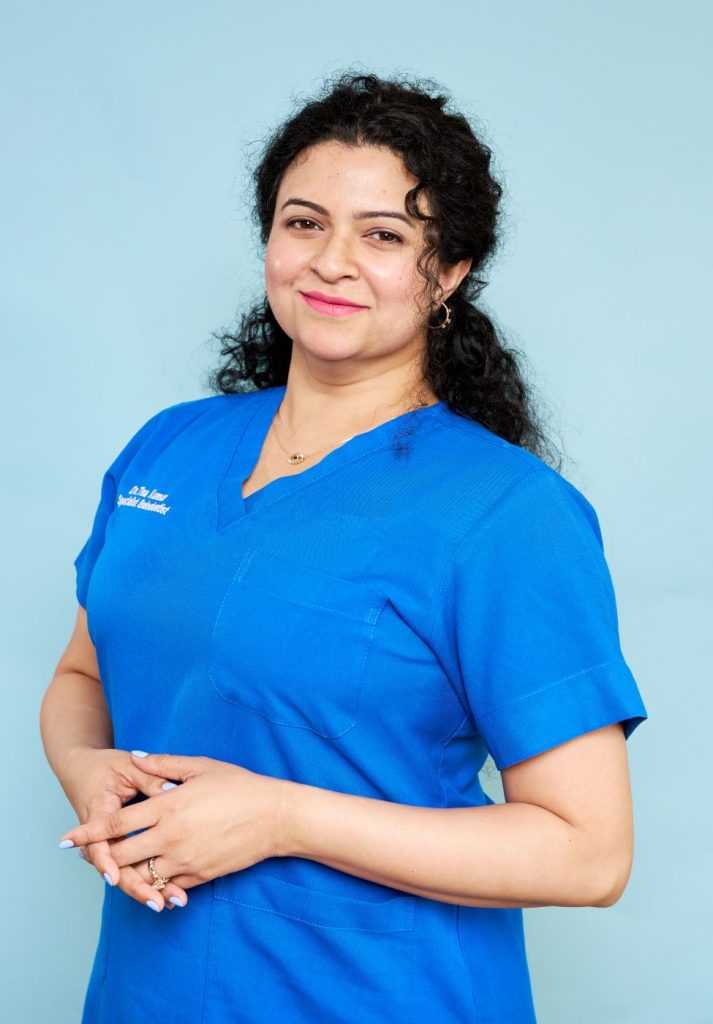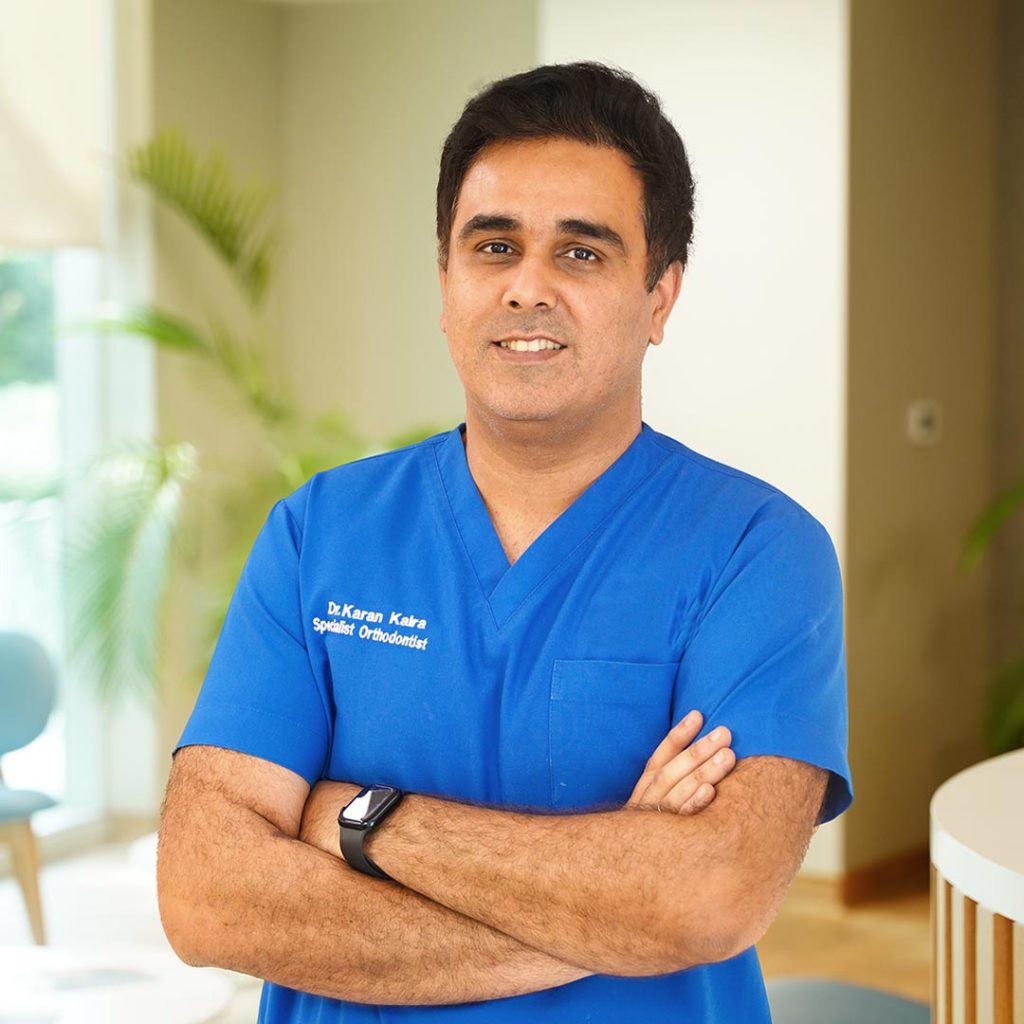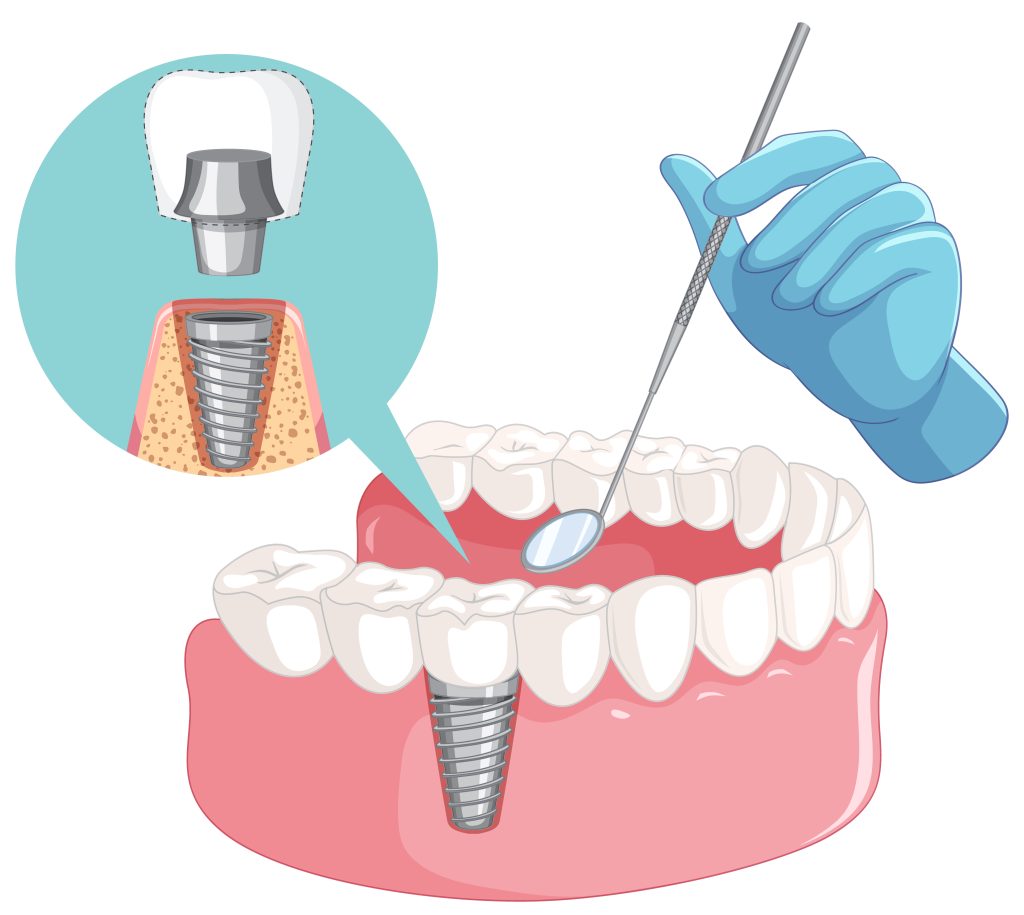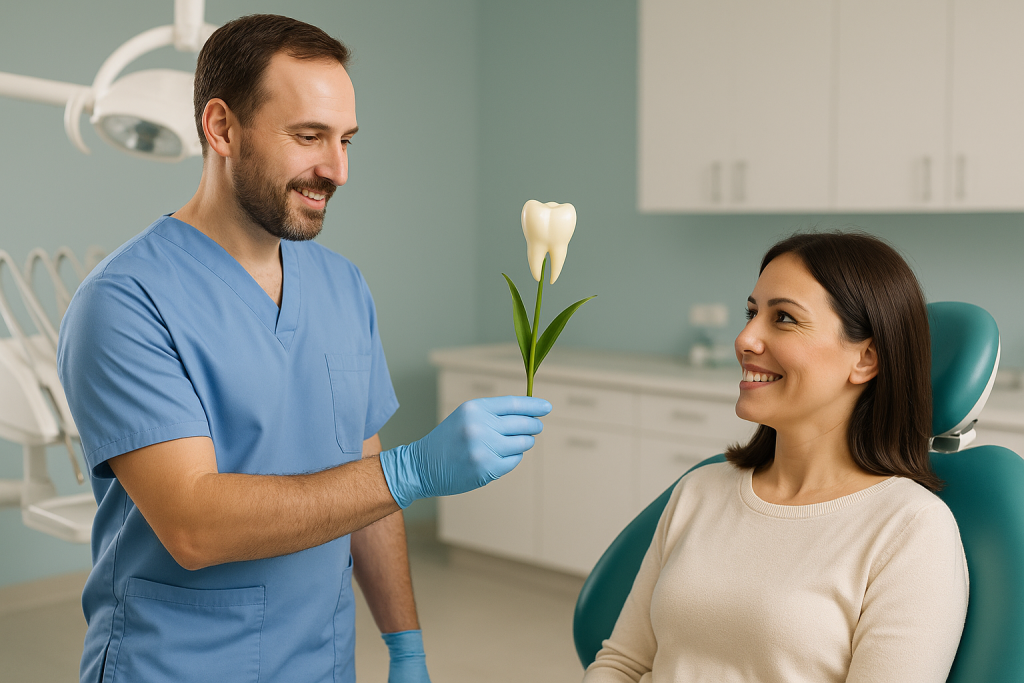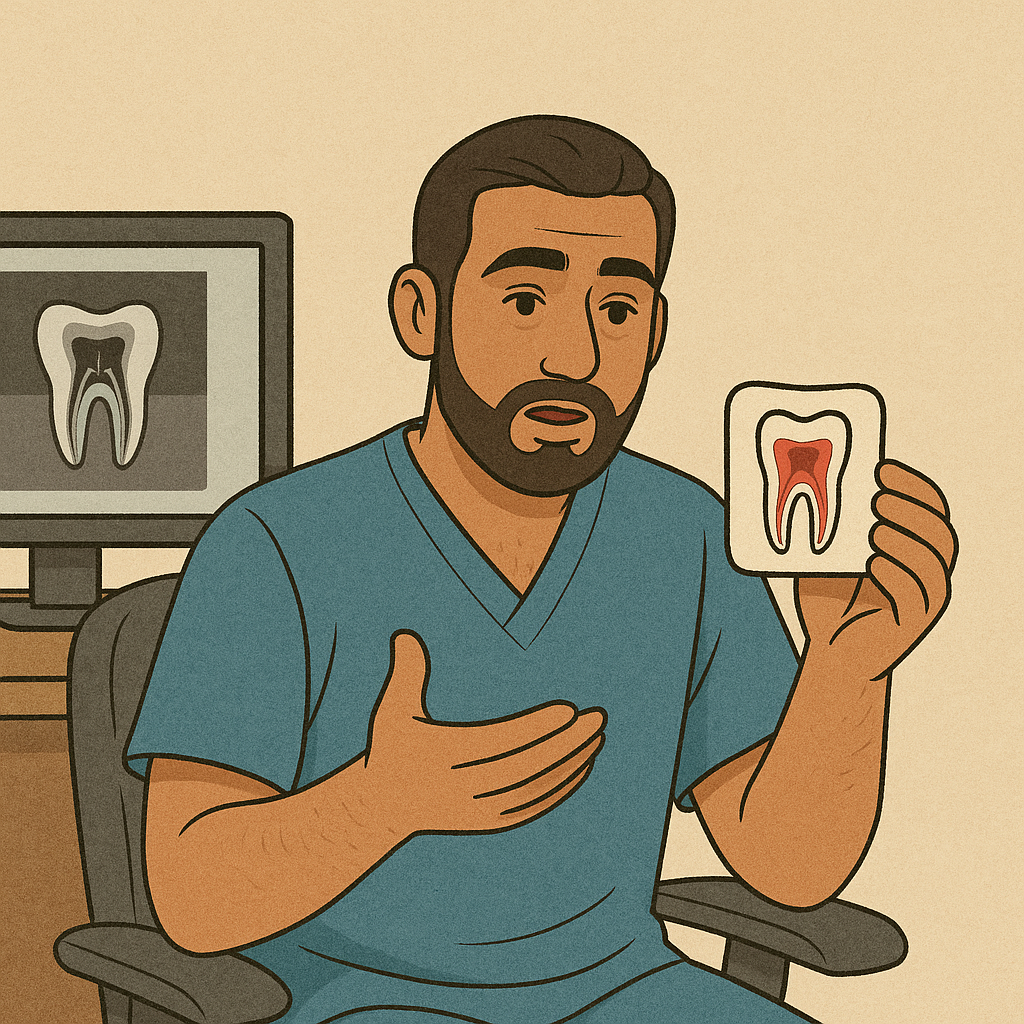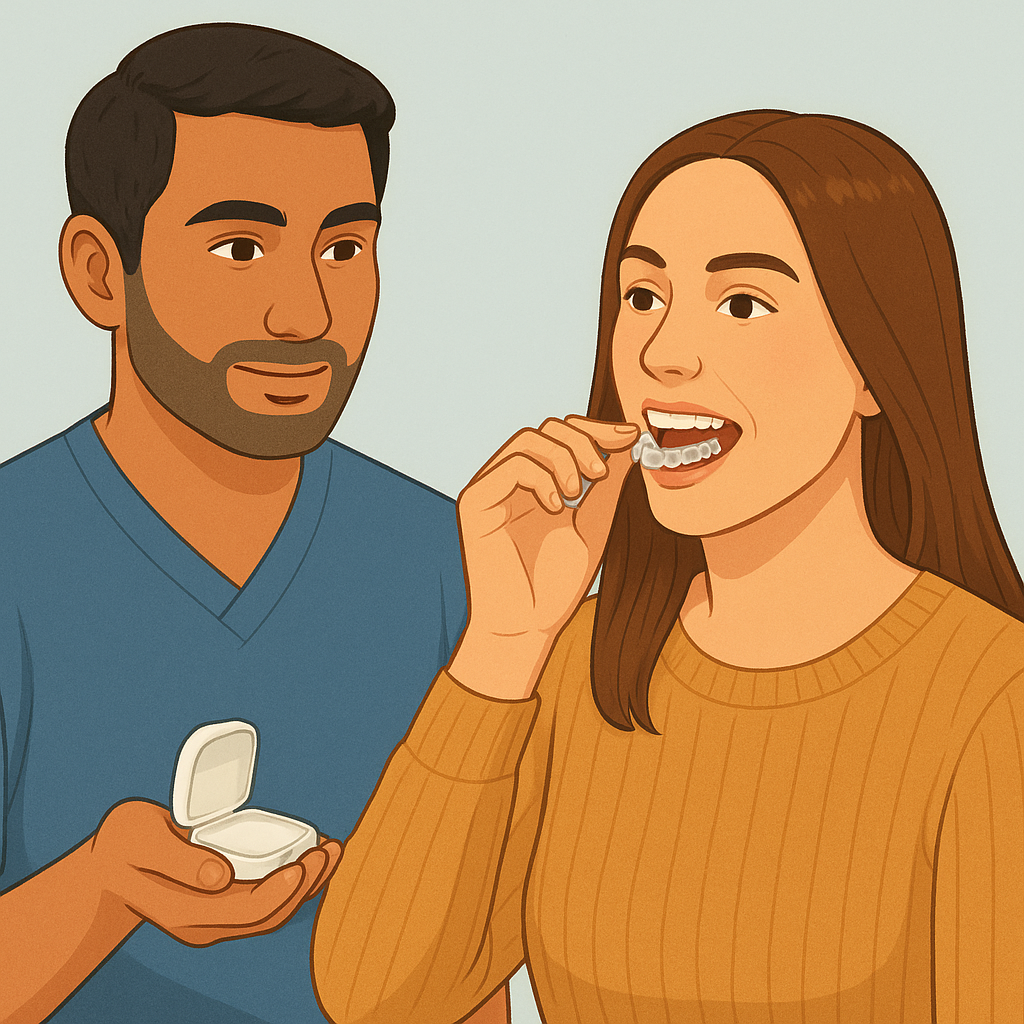Maintaining excellent oral health requires more than regular brushing and flossing. A comprehensive dental and gum examination is a critical preventive measure that ensures early detection and effective treatment of oral issues. In this article, we’ll delve into what a comprehensive dental exam involves, its benefits, and why it’s essential for long-term oral health.
What is a Comprehensive Dental and Gum Examination?
A comprehensive dental and gum examination is a thorough assessment conducted by your dentist, aimed at evaluating the health of your teeth, gums, and entire oral cavity. This detailed inspection goes beyond routine check-ups, incorporating several procedures:
- Dental Evaluation: Checking for tooth decay, cavities, enamel erosion, and overall tooth integrity.
- Gum Examination: Assessing gum health, identifying inflammation, redness, swelling, or bleeding which may indicate gingivitis or periodontitis.
- Oral Cancer Screening: Inspecting the mouth, throat, tongue, and lips for any abnormalities or signs of oral cancer.
- Dental X-rays: Providing an in-depth look at the jawbone structure, hidden cavities, impacted teeth, or other dental issues not visible to the naked eye.
Benefits of Regular Comprehensive Examinations
Regular comprehensive dental exams offer significant benefits:
- Early Detection: Identifying problems at early stages, which allows for simpler, less invasive treatments.
- Prevention of Gum Disease: Detecting signs of gum disease early can prevent progression and potential tooth loss.
- Oral Cancer Prevention: Regular screenings help catch oral cancer at an early, treatable stage.
- Cost Efficiency: Preventive care helps avoid expensive dental treatments needed for advanced oral diseases.
When Should You Schedule a Comprehensive Exam?
It’s recommended to schedule a comprehensive dental and gum examination at least once a year. However, individuals with higher risk factors—such as smokers, diabetics, pregnant women, or those with a history of gum disease—may require more frequent assessments, typically every six months.
How to Prepare for Your Dental Examination
Preparing for your dental examination is straightforward:
- Oral Hygiene: Brush and floss your teeth thoroughly before your visit.
- Medical History: Update your dentist on any changes in your medical history or medications.
- Questions: List any questions or concerns about your oral health to discuss during the visit.
What Happens After Your Examination?
After your comprehensive examination, your dentist will discuss the findings and suggest necessary treatments or preventive measures. This may include professional teeth cleaning, dental fillings, gum treatments, or additional diagnostics.

